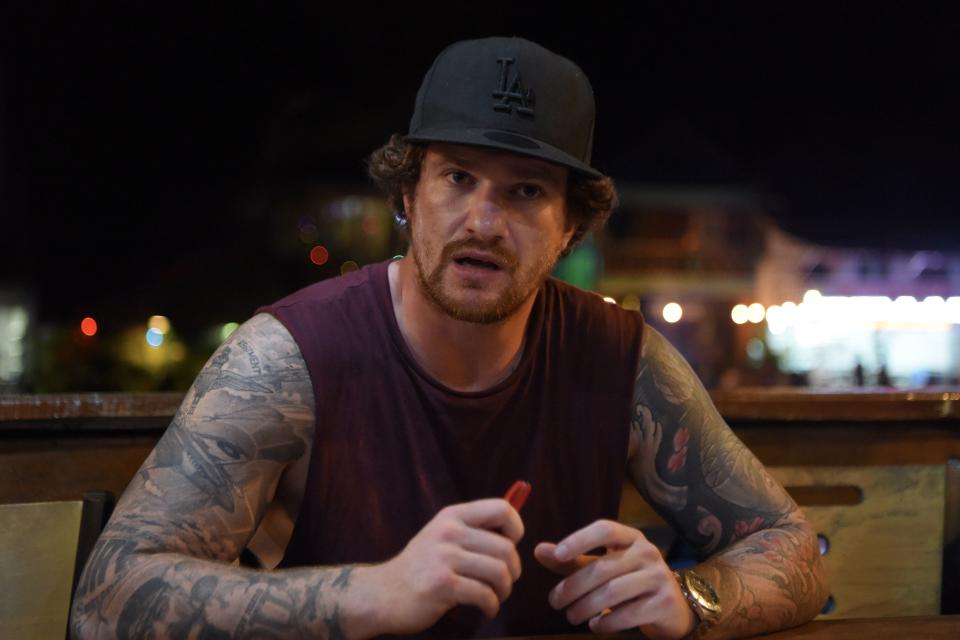Family of Amelia Bambridge left horrified after pictures of her dead body are shared on Instagram and Facebook
Amelia Bambridge’s family have been left horrified after pictures of her dead body were posted on social media.
Miss Bambridge’s brother Harry was reportedly left “disgusted” when Instagram refused to remove a picture of the 21-year-old backpacker’s sand-covered arm.
He urged people not to share images of Amelia, whose body was found at sea a week after she disappeared on the Cambodian island of Koh Rong.
Facebook has stressed it has “clear rules against posting graphic content” and is believed to have now taken action to remove offending images.
In an Instagram post on Saturday, Miss Bambridge’s brother Harry hit out at people who had shared distressing pictures of his sister.
According to the Mirror he shared one of the images, urging followers: “Get this shared and get this f*****g insensitive women to stop posting pictures of my dead sister.”

READ MORE
Why one of Instagram's top influencers hopes social media is dead by 2030
Instagram is hiding likes as part of trial to remove 'the pressure' from users
Photos of Amelia’s body started to emerge on Facebook and Instagram after her body was found around 60 miles from the island where she disappeared.

One image reportedly showed the backpacker’s body floating in the sea while another was reposted by a US influencer who has 1.9 million followers. She has since removed it.
A Facebook spokesman said: “We’re saddened by the news about Amelia Bambridge and our thoughts go out to her family and friends.
“We have clear rules against posting graphic content, when we are made aware of this content we remove it.
“People often use Facebook and Instagram to share stories in the news and this can result in content appearing that some may find upsetting.”
In Facebook’s community standards for violence and graphic content, the platform said it bans content which includes images of dying, wounded or dead people who are dismembered, burned or the victims of cannibalism.
The policy said: “We remove content that glorifies violence or celebrates the suffering or humiliation of others because it may create an environment that discourages participation.
“We allow graphic content (with some limitations) to help people raise awareness about issues.”

 Yahoo News
Yahoo News 

